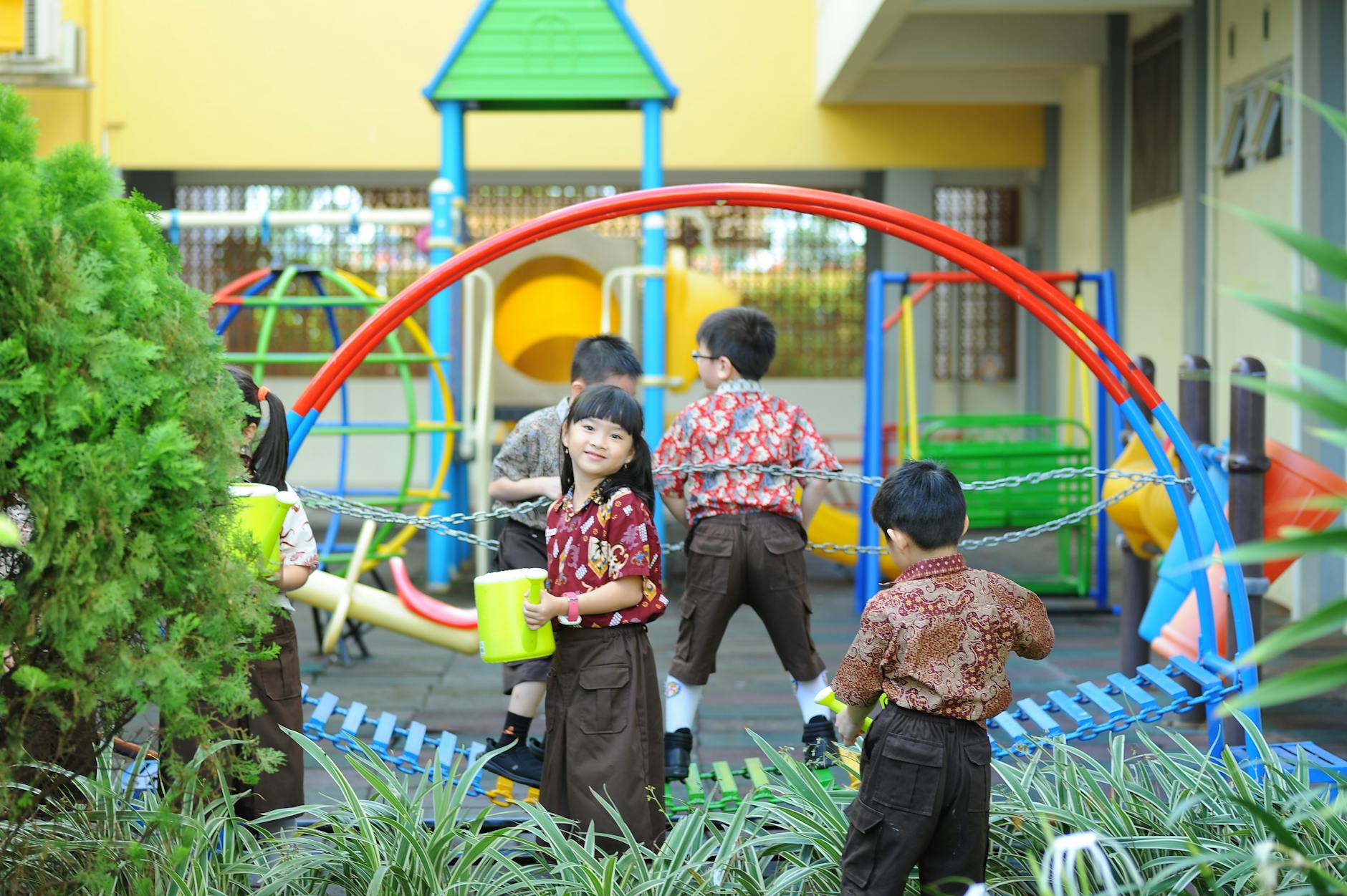Japan as a Nation for Raising Children—Through the Lens of Safety, Education, and Culture
A growing number of high-net-worth families around the world are beginning to see Japan not just as a travel destination, but as a serious contender for long-term family living.
This shift is not driven by economics or academics alone. Rather, it is Japan’s rare integration of safety, educational integrity, and cultural depth that is quietly elevating its profile as a nation ideally suited to child-rearing.
In this article, we explore why—particularly from the perspective of affluent families—Japan is increasingly being recognized as a leading destination.
■ 1. Safety: The Quiet Miracle of Letting a Child Walk Alone
In many developed nations, the thought of allowing a child to walk alone remains unsettling.
But in Japan, that trust begins early:
-
First-graders commuting alone by train or bus is a cultural norm
-
Afternoons spent walking to the park with friends
-
A country where lost wallets are more likely to be returned than anywhere else in the world
For many parents around the world, this represents an almost unimaginable level of reassurance.
Japan ranked 3 globally in Numbeo’s 2024 Safety Index, driven by remarkably low crime rates and a pervasive sense of public order.
Even in major cities like Tokyo, Kyoto, and Fukuoka, a short distance from the city center reveals neighborhoods where children walking alone is not just accepted—it feels completely natural. This invisible layer of safety becomes a profoundly important asset for families seeking not just shelter, but freedom and confidence in daily life.

■ 2. Education: Cultivating Character and Building the Foundation for the Future
While Japan’s education system is often misunderstood as being solely knowledge-focused, it has increasingly evolved into a holistic approach that prioritizes character development alongside academic achievement.
Examples include:
-
Moral education introduced from the early years of elementary school
-
Responsibilities such as cleaning and serving meals, instilling a sense of work ethic and community
-
Club activities, choir, and outdoor learning that nurture cooperation and interpersonal skills
Moreover, Tokyo, Yokohama, and Kyoto are home to a growing number of International Baccalaureate (IB) accredited schools and English-medium international institutions, offering globally competitive pathways for higher education.
The ability to integrate bilingual instruction in both Japanese and English is especially appealing to affluent families in Asia who value strong native language education while embracing global academic opportunities.
■ 3. Culture: Where Grace and Refinement Are Cultivated from Childhood
In Japan, children grow up surrounded by traditions and habits that shape not only their manners, but also their emotional intelligence and aesthetic awareness.
-
Removing shoes before entering a home
-
Saying “Itadakimasu” and “Gochisousama” before and after meals
-
Participating in seasonal festivals like Tanabata, Hinamatsuri, and Setsubun
-
Living in harmony with the natural rhythm of four distinct seasons
To an outsider, these may seem like rules. But in reality, they serve as a foundation for teaching children to live with intention, care, and dignity.
What’s more, access to deeply enriching experiences—such as music, calligraphy, tea ceremony, and pottery—nurtures mindfulness and aesthetic sensitivity, offering a depth of cultural education that is nearly impossible to replicate abroad.

■ Voices from Global High Net Worth Families
Hong Kong Investor (Father of Two, 40s): “The level of safety and cultural sophistication in Tokyo is unmatched. It’s one of the few cities where I can truly balance work and parenting.”
Singaporean Family (30s):
“Parents here are certainly serious about education, but what surprised us most is how freely and naturally children seem to grow in Japan.”
Thai Medical Couple:
“Our daughter has learned to truly listen—patiently and respectfully. We believe that is a direct result of being raised in Japan.”
■ Japan: Not Just Easy to Raise Children—But a Country Where They Naturally Flourish
What truly sets Japan apart is its innate capacity to raise children through environment alone—where the burden doesn’t fall solely on the parents.
In Japan:
-
Society supports.
-
Culture instructs.
-
Education nurtures.
It is the harmony of these elements that allows children to develop both emotionally and intellectually—with depth, empathy, and integrity.
This is not merely the outcome of wealth or facilities, but the quiet strength of a social framework that elevates everyday life into meaningful growth.




